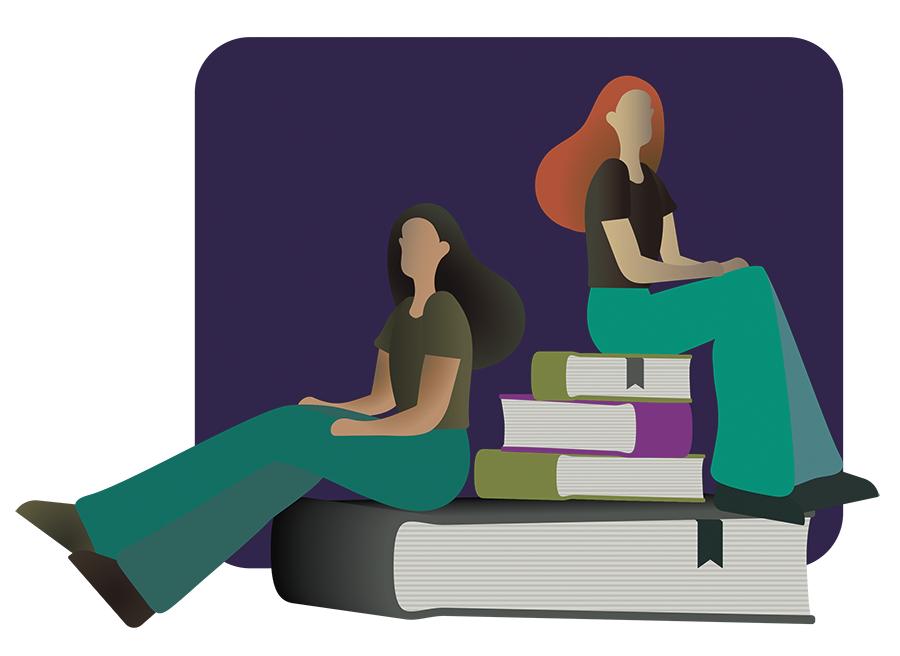Help for students in non-traditional occupations
October 28, 2015
Masaya Xiong is the non-traditional occupations advisor at Madison College. Non-traditional careers are defined as those in which less than 25 percent of the workforce is of one gender. Xiong’s office offers several career information sessions throughout the fall semester and has provided workshops for women about non-traditional career paths.
The Clarion recently had the opportunity to visit with Xiong.
Question: Can you give me examples of non-traditional occupations?
Answer: Nontraditional careers for women include police, firefighters, skilled trades (electrician, welding, carpenters, plumbing, etc.), engineers, computer programmers, airline pilots, mechanics and more.
Nontraditional careers for men include dental hygienist, nurse, childcare worker, administrative assistant, occupational and physical therapist, elementary teacher and more.
Q: What challenges do women face in nontraditional career fields?
A: There are many challenges that women might face when entering the nontraditional fields. Some challenges could include:
- Isolation.
- Lack of support from friends and family members.
- Fear of harassment from co-workers
- Lack of mentors in the nontraditional fields.
People have perceived notions of what careers are consider “men’s work” and what are consider “women’s work” (gender-based stereotypes). Because of this, it can be hard for men and women to consider viable careers that could potentially provide them sustainable wages and career advancement opportunities.
Q: What does the college do to support women who are pursuing nontraditional career fields?
A: Madison College is unique that my full-time position is dedicated to the work of supporting individuals in nontraditional occupations. There are two folds to what I do. The first is the recruitment of women and men into designated nontraditional occupation programs at the college. The second is providing retention support to current women and men students in nontraditional programs. Activities that I support for women, specifically, at the college include:
Job Shadows: I connect women students to professional females in the same field. For example, three women from an IT program participated in a job shadowing experience with UW-Extension Continuing Education, Outreach, and E-Learning division. They had an opportunity to learn about the organization, toured the facility, interviewed three women (IT Director, Senior Web Developer, and Helpdesk Technician), and conducted a job shadow with the Helpdesk team. One woman even secured a paid internship because of this opportunity!
Industry Connections Seminars: I connect women students to professional women guest speakers from a specific nontraditional career. For example, I hosted an event where five women guest speakers from a related criminal justice field came to talk about their experience in a nontraditional field and career trajectory to current and prospective women students in the Criminal Justice Program
Provide individualized career and employment services such as resume writing, cover letter review, mock interview, job search assistance and coaching as well as other employment-related strategies to help women prepare for the nontraditional occupation workforce.
In addition, I am the advisor for a club called, WIT (women in industrial and technical programs). The WIT club purpose is to create a peer-to-peer community that allows women to come together to talk about various challenges and successes affecting them as women entering into nontraditional occupations.
Q: Are women considering careers that they did not before?
A: In general, women and young girls would benefit from much more exposure to understanding nontraditional occupations. The more they are exposed to, the more they are knowledgeable about viable career paths and opportunities.
One way the college has helped women consider nontraditional occupations is offering exploration courses. Many exploration courses created over the years have helped women and young girls explore the possibilities of various nontraditional occupations. With the support of faculty members, these exploration courses included programs in engineering and design, apprenticeships, homebuilding, automotive, and manufacturing. In spring of 2015, we launched an exploration course in the health care occupations for men. Many women and men who participated in these courses have gone on to pursue educational training at the college. Even for those who decided not to pursue a nontraditional career field found them to be an incredible learning experience.
The work of nontraditional occupations support at the college focuses on both women and men to ensure both genders have viable options and resources to support their experiences at the college.
Q: Why is Madison College offering those info sessions?
A: The purpose of the career information sessions is to help participants identify, understand, and reflect on the physical, emotional, and social components that come with entering a nontraditional career or training program. The objectives are:
- To provide participants with the information they need to make their own informed career choices
- To close the lack-of-information-gender-gap between women and men’s knowledge of jobs typically considered “men’s work”
- To assist participants to consider nontraditional employment, training or educational options.
To learn more, contact Masaya Xiong, non-traditional occupations advisor at [email protected].































